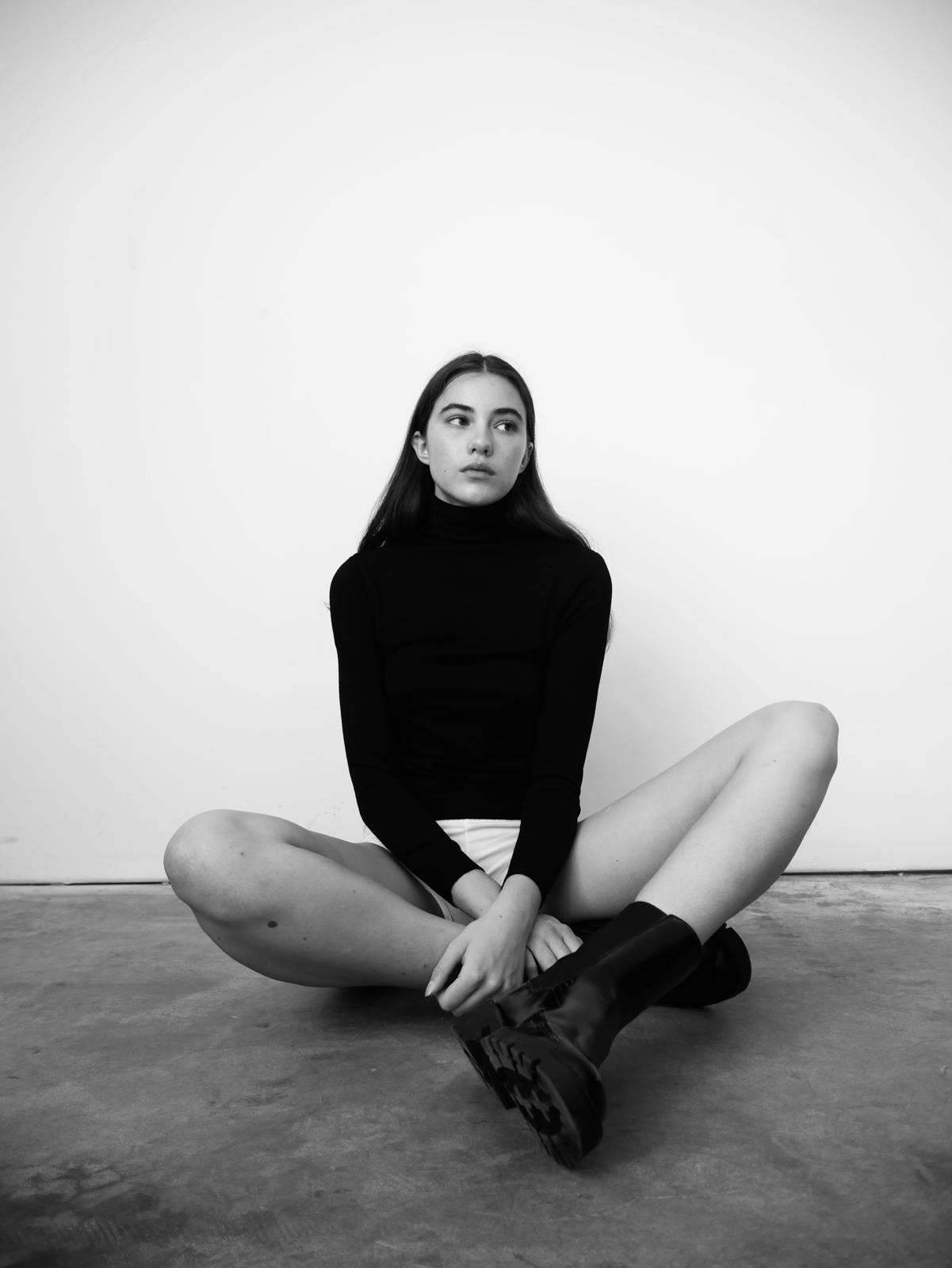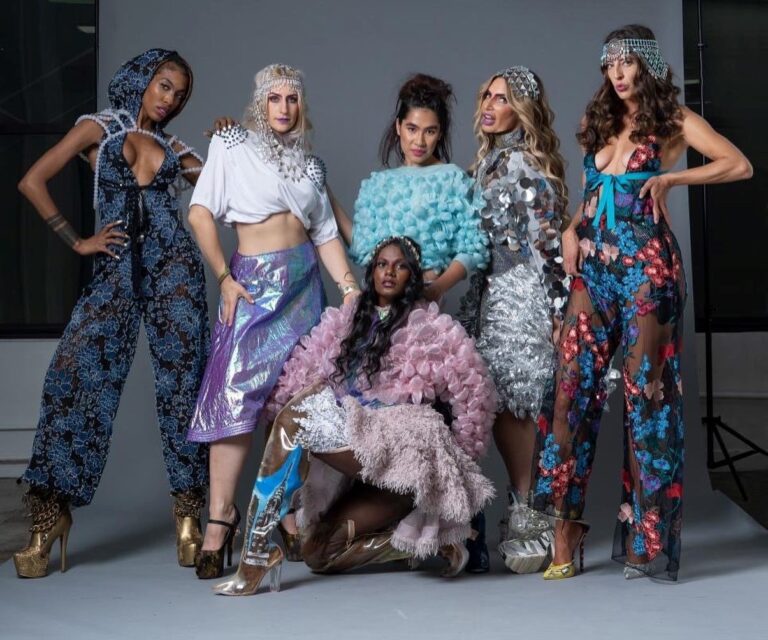
Avant Garde for the Environment
- Dovile Riebschlager's Art
- Tessa Almond
- September 13, 2024
- 4 min read
With global fast fashion brands like Shein, Zara, and H&M continually dominating the
commercial garment industry, it's no wonder that sustainability in the fashion industry has
become a growing concern. Contributing to over 8% of global carbon emissions and $100 in
material value loss, the majority of fashion powerhouses continually deny acknowledging the
alarming environmental damage of keeping up with microtrends (“Environmental Sustainability
in the Fashion Industry”). Where these brands are blind, independent designers are inspired and
taking fresh, visionary approaches to sustainable garment creation.
The root of fast fashion and unsustainable practices within the fashion industry can be traced
back to the industrial revolution in the 1760s. Prior to the revolution, “slow fashion” practices
such as hiring skilled craftsmen and producing garments on a small scale were ubiquitous. The
industrial revolution dramatically transformed the fashion industry; More efficient machinery
and the introduction of mass production made garments cheaper and more accessible than they
had ever been. (“A Comprehensive History of Sustainable Fashion”). While the appeal of this
new technology was undeniable in the 18th century, it fostered irreversible environmental
damage that continues to grow in severity. The production of garments made from cheap,
synthetic fabrics like polyester and nylon contributes immensely to the growing problem of
deforestation, pile ups in landfills, and microplastic pollution. Today, these practices are
responsible for nearly 10% of annual global carbon emissions and 20% of global wastewater
(Algamal).
The term “sustainable fashion” first emerged in the 90s, but the concept can be traced back to the
60s. As counterculture movements like the hippie and punk movement gained traction, activists
like Katherine Hamnett started stressing the need for more sustainable and ethical means of
garment production (“A Comprehensive History of Sustainable Fashion”). These movements
helped pave the way for fashion sustainability efforts in the 21st century.
Emerging and established designers have found striking means of combatting the environmental
cost of the fashion industry. Originally from Lithuania, designer Dovile Riebschlager moved to
Chicago with nothing but 300 dollars in her pocket and an intense passion for design. Despite
facing extreme culture shock and financial hardships in the states, Dovile’s designs quickly
caught the attention of both local and international creatives. Since then, her extravagant
collections thematizing functionality and sustainability have been featured in renowned
magazines like Vogue and Harper’s Bazaar and have debuted globally at Paris and New York
fashion week.
Dovile doesn’t recall the exact moment when she became intrigued with fashion, but rather feels
that her passion for design was innate.
“As long as I can remember, I was drawing all kinds of figures with very elaborate gowns. I
constantly redrew them with every detail. That’s how I was,” says Dovile.
Dovile’s concept sketches
After graduating high school in the late 80s, she attended university in Lithuania where she
studied textile arts and chemical engineering. Fascinated with the process of fabric makeup and
garment production, Dovile’s education became a strong source of inspiration for sustainable
collections later in her career. Despite this, she was forced to acknowledge that these studies
didn’t fulfill her creative spirit.
Instead of going back to school for fashion design, Dovile started creating small pieces with her
own homemade fabrics while simultaneously working full-time in Lithuania’s largest textile
factory, Utenos Trikotazas. Hoping to update the company’s clothing line, a representative at the
factory approached her and asked for samples of her designs. While Dovile agreed reluctantly,
the company offered her a prestigious design partnership and helped establish her as a
respectable designer.
“I had no idea what I was doing,” said Dovile. “I immediately went to be a designer for the
biggest factory in Lithuania. I had just barely got my diploma!”
Dovile experimenting with fabric manipulation
Still exploring her identity as a designer, it was through an unexpected interaction with a close
friend that her values and unique style began to take shape. Dovile’s friend, a ballet dancer,
asked her to design one of her stage costumes. Dovile went on to create costumes that were not
only striking in their beauty, but also fully functional.
“I believe that experience got the foundation for what I’m doing today,” says Dovile. “My
philosophy was always that the clothes, no matter how they look, have to be comfortable. My
clothes are for living and dancing.”
This was a pivotal moment in Dovile’s career, and taking inspiration from her line of functional
costumes, she debuted her first collection in 2016.
Dovile’s designs at NYFW
Now residing in Chicago, Dovile’s designs have evolved into extravagant representations of the delicate balance between art, practicality, natural science, and sustainable materiality. Dovile’s inspiration for many of her designs comes mainly from observations of the world around her. Her collection “Reflections”, showcased at New York Fashion Week in 2021, featured her unique experimentation with 3-dimensional forms inspired by her appreciation of the natural world. Inspired by reflections of air bubbles underwater, Dovile stated that the collection was a “cross-section of art and science”.
Dovile’s iconic 3-D avant gardism have become her one of her signature creative attributes
Dovile’s commitment to sustainability is a testament to her fusion of science and art. She prides
herself on creating and dying her own fabrics as well as utilizing high-quality and eco-friendly
fabrics. Dovile’s upcoming collection, showing this month at Erlendur Fashion Week, will
highlight her technical strengths in working with eco-friendly materials such as natural silk and
wool. She also teased a future collection that will feature garments made completely from trash
and discarded fabric scraps. For one garment, she emptied her trash bin next to the sewing
machine and created a coat that was simply “spectacular”.
“Nothing goes out of my studio,” says Dovile. “I will use every square inch, and every part of
that square inch, of fabric.”
While the use of recycled and renewable materials certainly benefits the environment in their
biodegradability and reduced carbon footprint, Dovile elaborated on the unique sensory
experience associated with eco-friendly materials, particularly silk:
“The fabric has a sound, a smell, and a touch. You just squeeze it by your ear, and it sounds like
fresh snow. It calms your nervous system, it cools you, it helps you fall asleep. It’s absolute
luxury; It’s magic.”
One of Dovile’s designs from her SS20 NYFW made from natural silk
Despite her inspiring steps to fight the effects of an industry priding itself on primarily fast
fashion, Dovile admits that it is virtually impossible to employ methods that are completely
sustainable as an independent designer. Her signature bubbles, for example, are made out of
polyester, a synthetic fiber. Creating 3-dimensional forms out of natural fabrics like silk and
leather would be incredibly labor-intensive, not to mention their high cost per yard. Dovile hopes
to transition fully to the utilization of natural textiles when she has more sufficient funding.
Dovile’s transparency is a reminder that sustainability in the fashion industry is not simply a
means of making clothes from eco-friendly fabrics or recycled materials; It requires time,
money, and a unique discipline, some of which many small designers find themselves lacking.
Nevertheless, the eco-friendly efforts of designers like Dovile are quickly being popularized by a
new generation of young consumers. Despite fast fashion brands like Zara and H&M dominating
the fashion industry, large corporations like Levi’s, Patagonia, and Reformation have taken
strides to minimize their carbon footprint and encourage other brands to assess their role in
environmental harm.
The fashion industry is far from sustainable, but the efforts of designers like Dovile to prioritize
sustainable means of garment production serve as a stellar example to all creatives. Whether
established or sewing their first garment, designers around the globe can help foster change by
re-evaluating the environmental impact of their design methods and using minute, sustainable
changes as a source of creative inspiration.
Links to Artist Profiles:
Dovile's Fashions:
Citations:
Algamal, Armanos. “New Shocking Facts about the Impact of Fast Fashion on Our Climate.”
Oxfam, Oxfam GB, 28 Aug. 2019, www.oxfam.org.uk/oxfam-in-action/oxfam-blog/new
shocking-facts-about-the-impact-of-fast-fashion-on-our-climate/.
“A Comprehensive History of Sustainable Fashion.” State of Matter, State of Matter, 3 Jan.
2024, stateofmatterapparel.com/blogs/som-blog/a-comprehensive-history-of-sustainable
fashion?srsltid=AfmBOoph4UsAPG9A7eK7N5jZ1szJbXzPeSbM8wo6GcEDOkbQJgLsO
MeK.
“Environmental Sustainability in the Fashion Industry.” Geneva Environment Network, UN
Environment Programme, 5 Apr. 2024,
www.genevaenvironmentnetwork.org/resources/updates/sustainable-fashion/.

Pumping Iron in Couture: Raul Penaranda's 'Unexpected' NYFW Spectacle Turns Gym into Glam
Abigail MacFadden • September 11, 2024 • 3min read

September New York Art Week Can’t Miss Fairs!
Abigail MacFadden • September 4, 2024 •
4min read

Animating the Abstract: Marine Buffard's Whimsical Rise in Digital Art
Abigail MacFadden • August 22, 2024 •
4min read
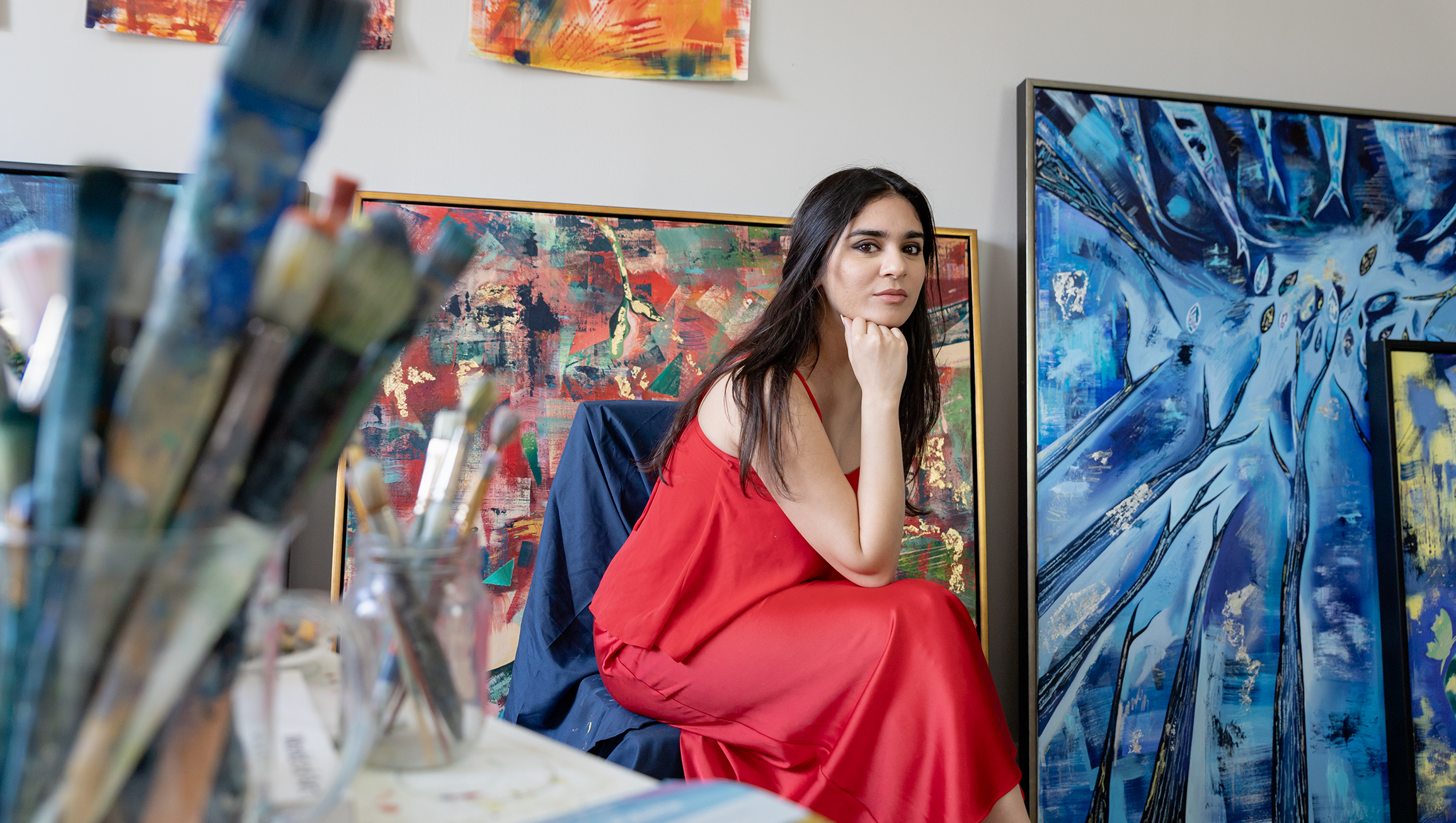
Vibrant Vulnerability: Jeena Raghavan's Colorful Journey Through Art
Abigail MacFadden • August 13, 2024 •
3min read
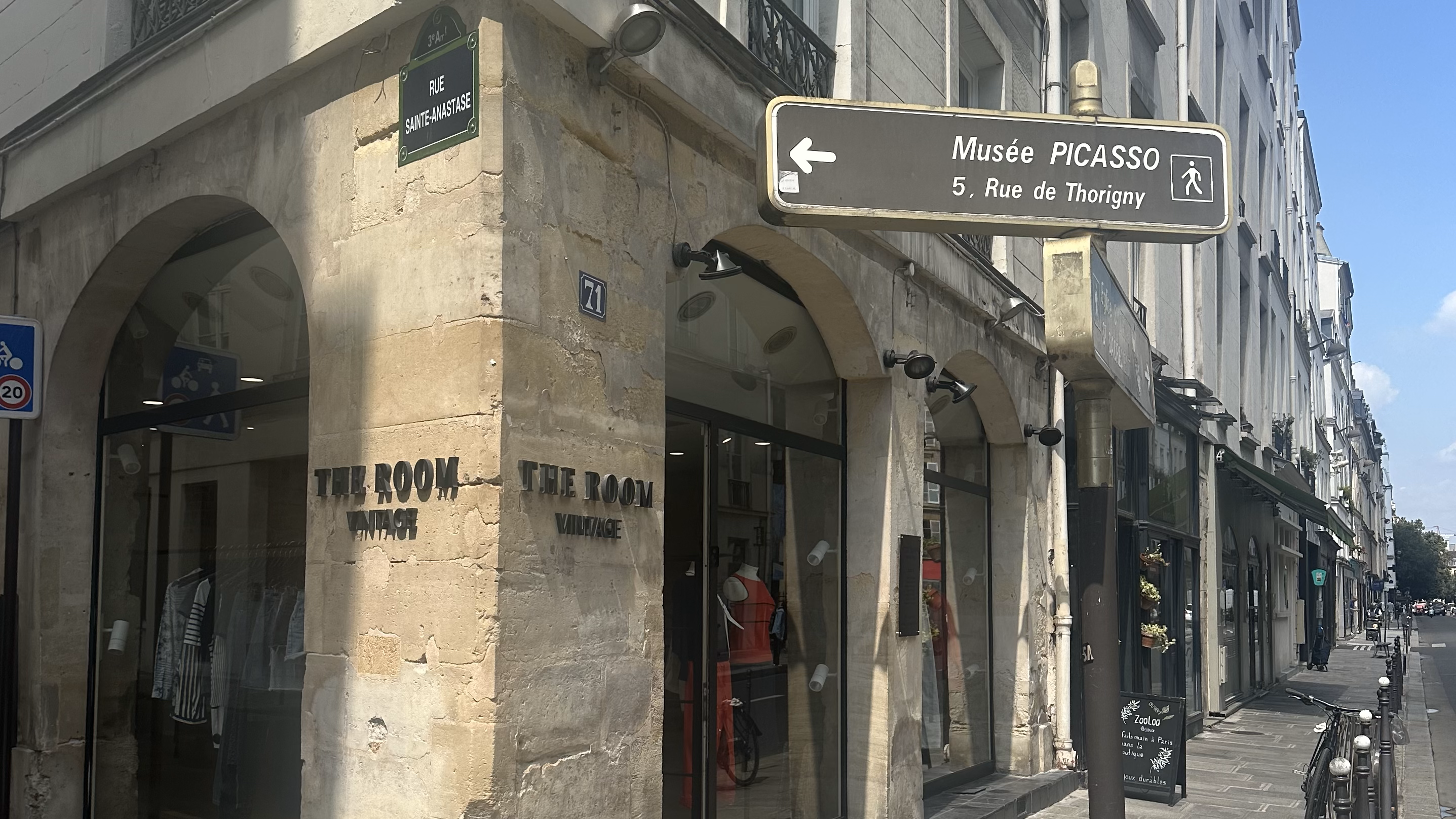
A Cultural Gold Medal: Picasso Museum Shines During Paris 2024 Olympics
Abigail MacFadden • August 9, 2024 •
4min read

Beyond the Podium: The Cultural Tapestry of France’s Olympic Spectacle
Abigail MacFadden • July 31, 2024 •
4min read
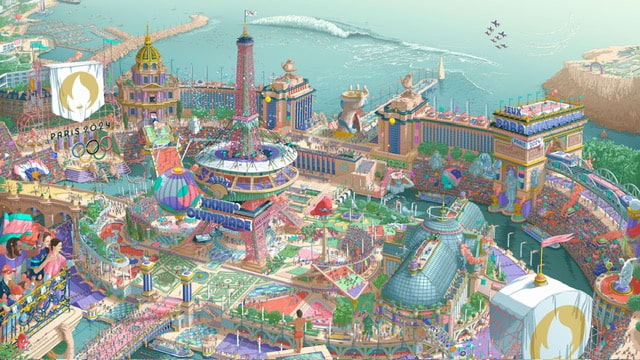
Paris Reimagined: Ugo Gattoni's Olympic Odyssey
Abigail MacFadden • July 25, 2024 •
4min read

Fashion Meets Function: Designers Redefine National Pride for Paris 2024 Olympics
Abigail MacFadden • July 17, 2024 •
2min read
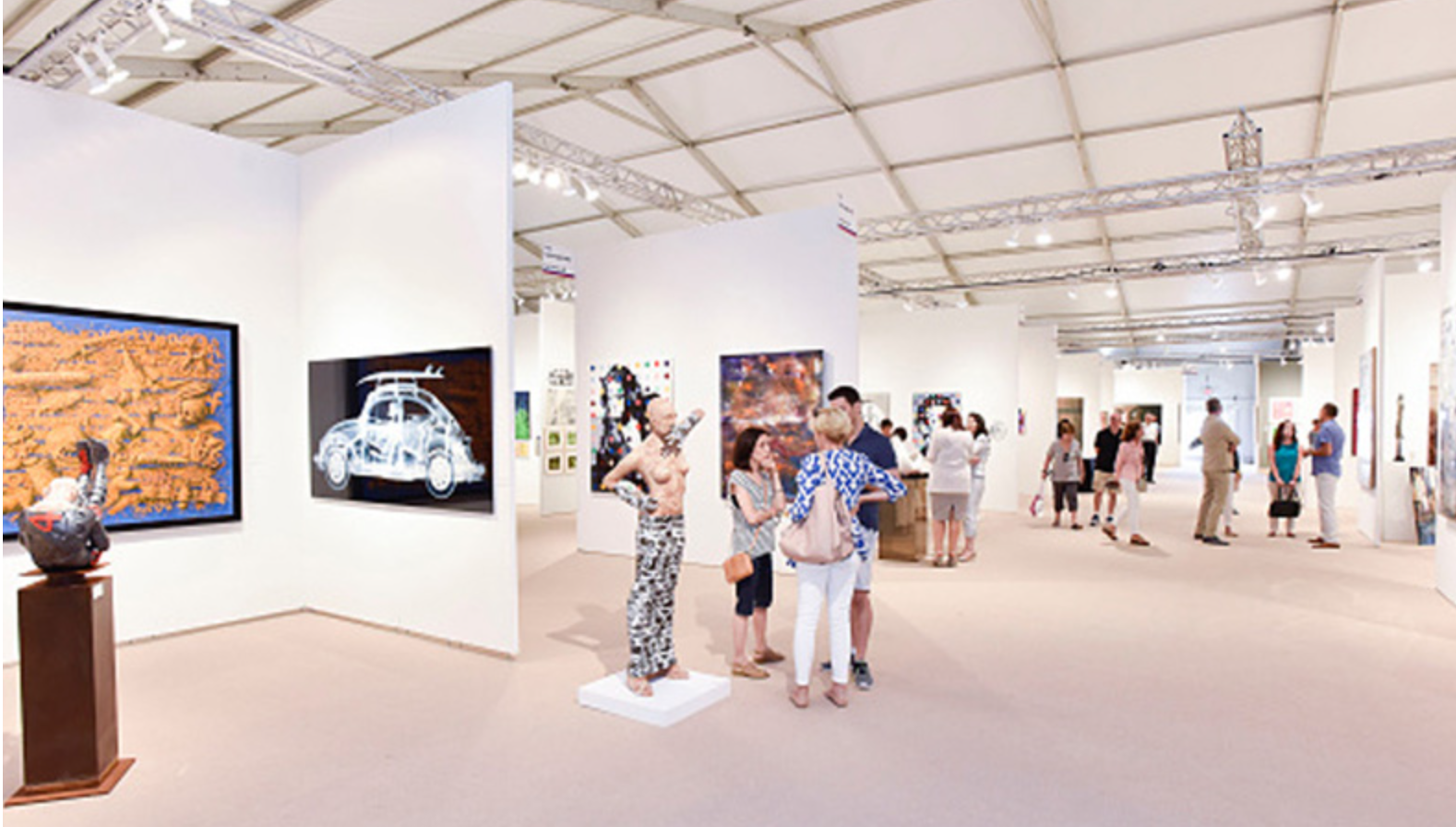
The Hamptons Fine Art Fair: A Cultural Cornerstone of the East End
Abigail MacFadden • July 11, 2024 •
3min read

Maxine Hoover: Stargirl is on a Meteoric Rise in New York Art World
Abigail MacFadden • June 25, 2024 •
3min read

Flaco Waters: Celebrated Artist Creates Incredible Series for 100th Anniversary of Harlem Renaissance
Abigail MacFadden • June 11, 2024 •
4min read
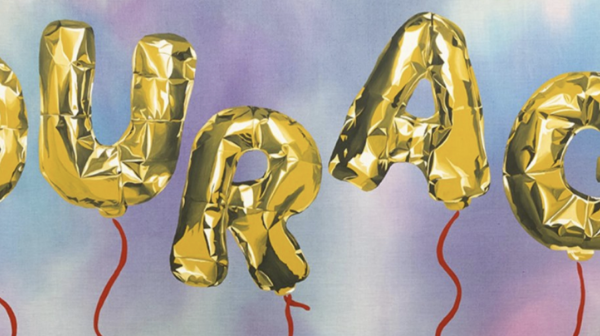
Unbelievable Shows not to be missed in the New York Art Scene this Week!
Abigail MacFadden • June 6, 2024 •
4 min read
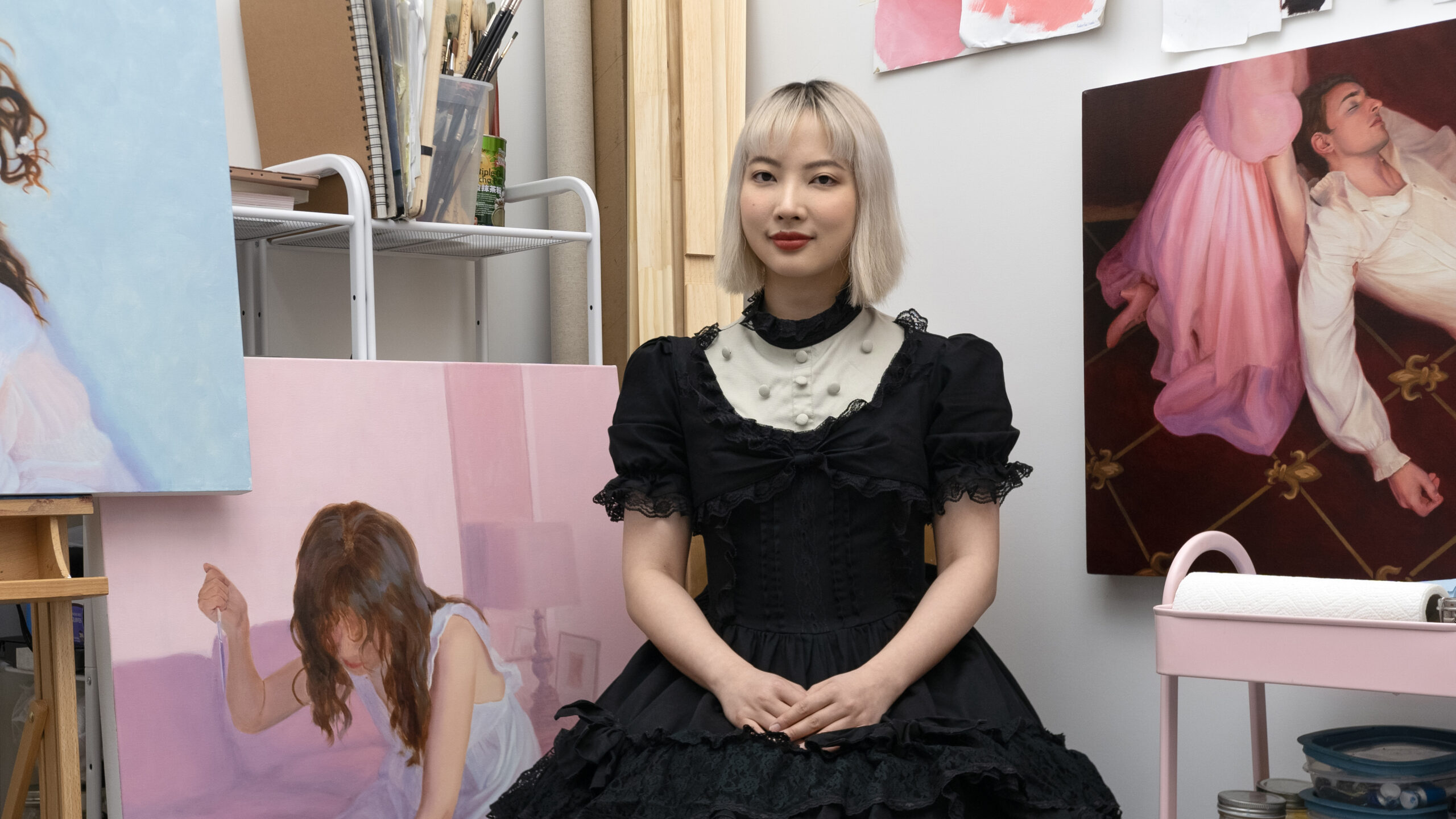
Junyi Liu: Painter, Performance Artist on the Rise in New York City
Abigail MacFadden • June 5, 2024 •
10 min read
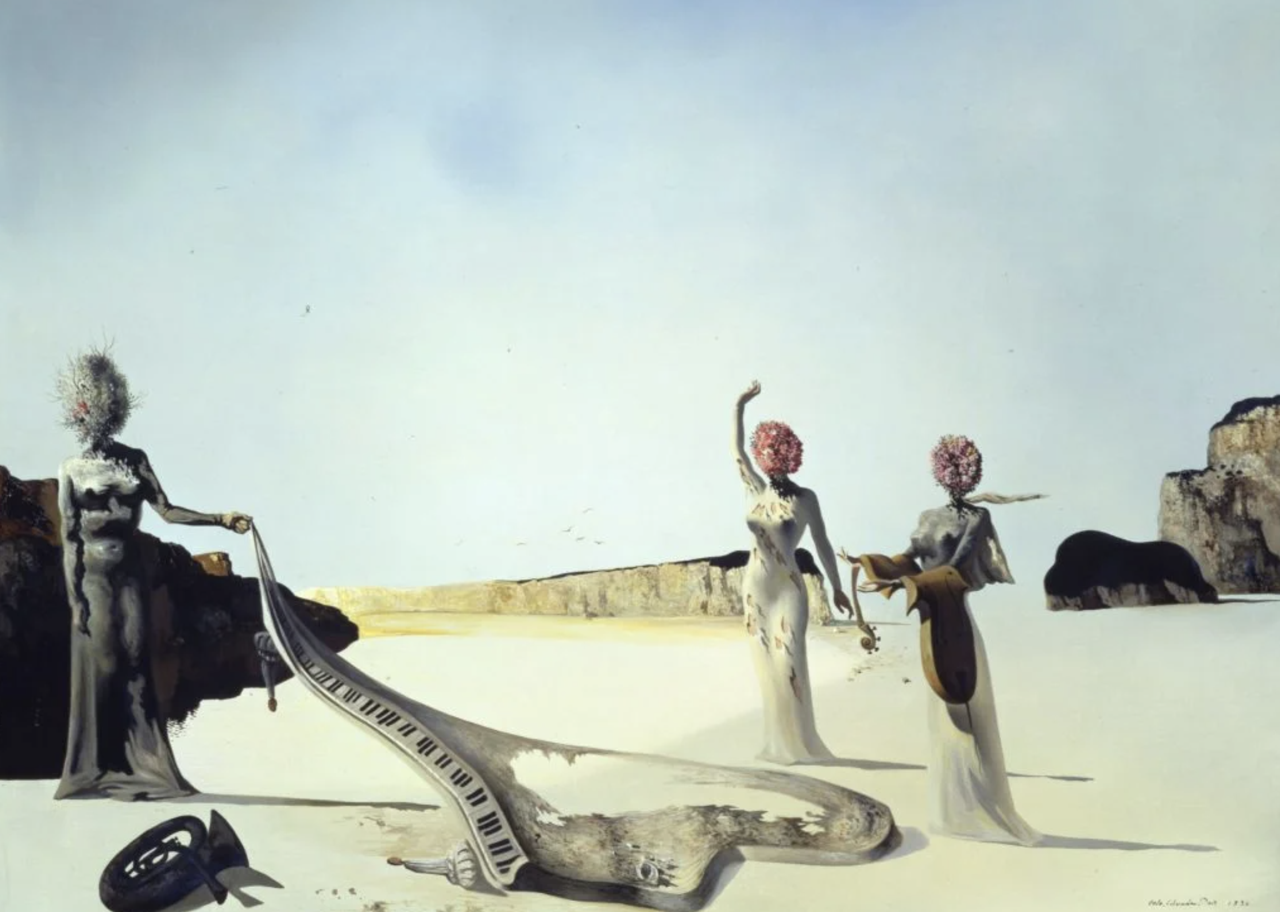
The Surreal World of Dali and the 100th Anniversary of the Surrealism Movement
Abigail MacFadden• May 31, 2024 •
6 min read
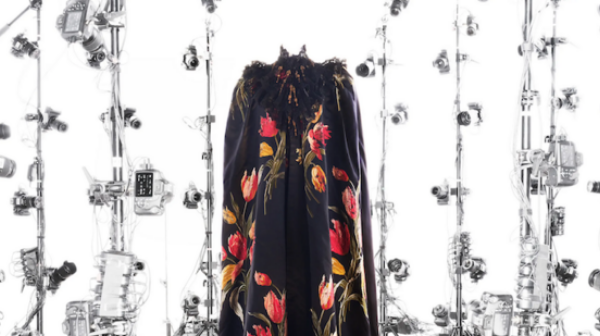
Art Show Roundup: Memorial Day Weekend and Summer Exhibitions in NYC
Demi Dubois-Moreau • May 23, 2024 •
6 min read
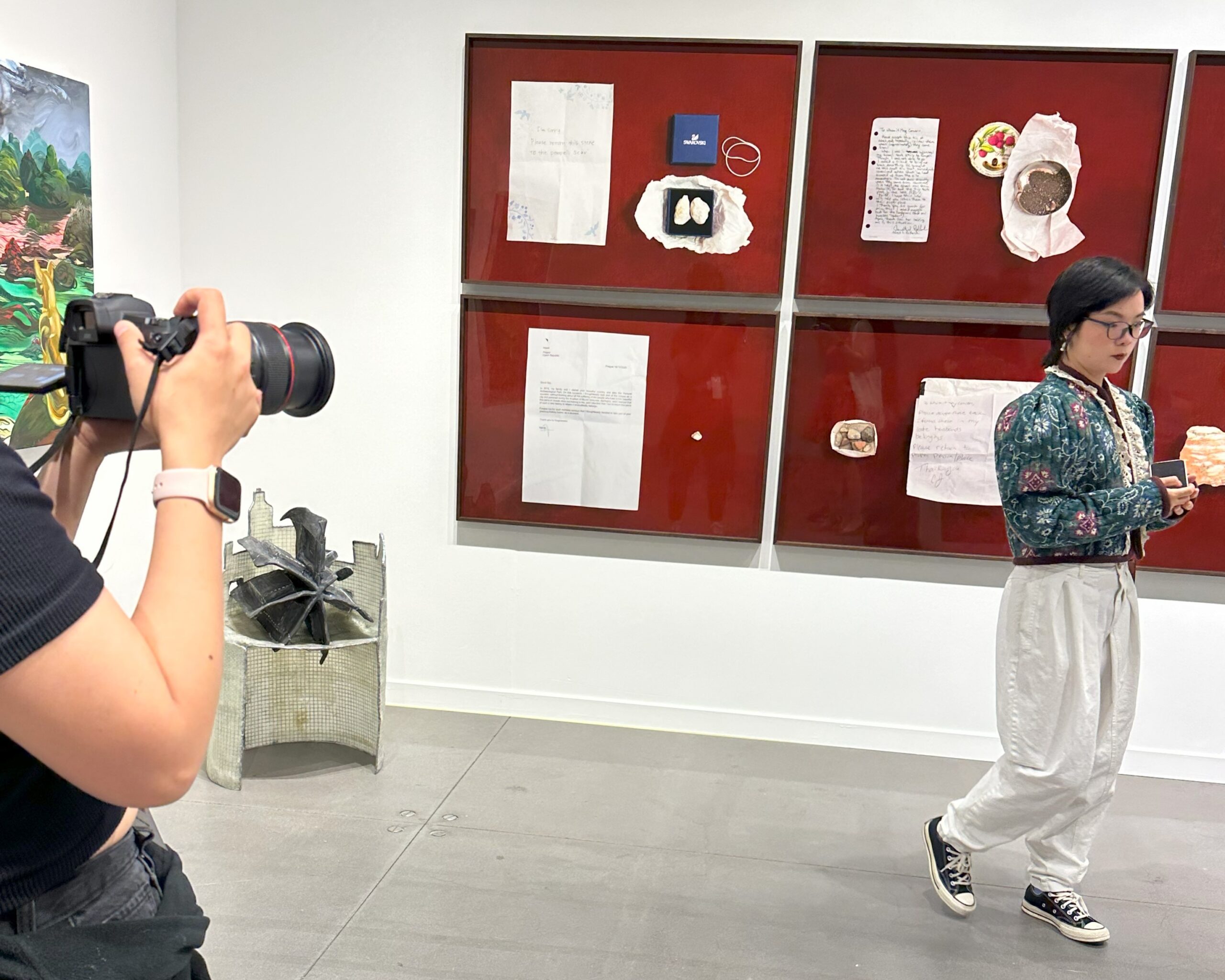
Art Fair Dressing Guide: Stylish Guidelines for Men & Women
Demi Dubois-Moreau • May 16, 2024 •
7 min read
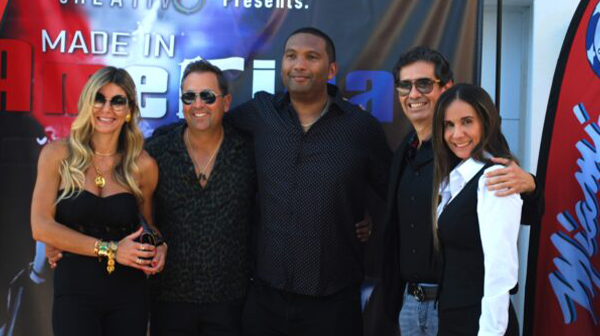
Made in America Fashion Recap: Mob Wife and Mob Boss Style for the Creativo x Ferrari Party
Abigail MacFadden • May 10, 2024 •
3 min read
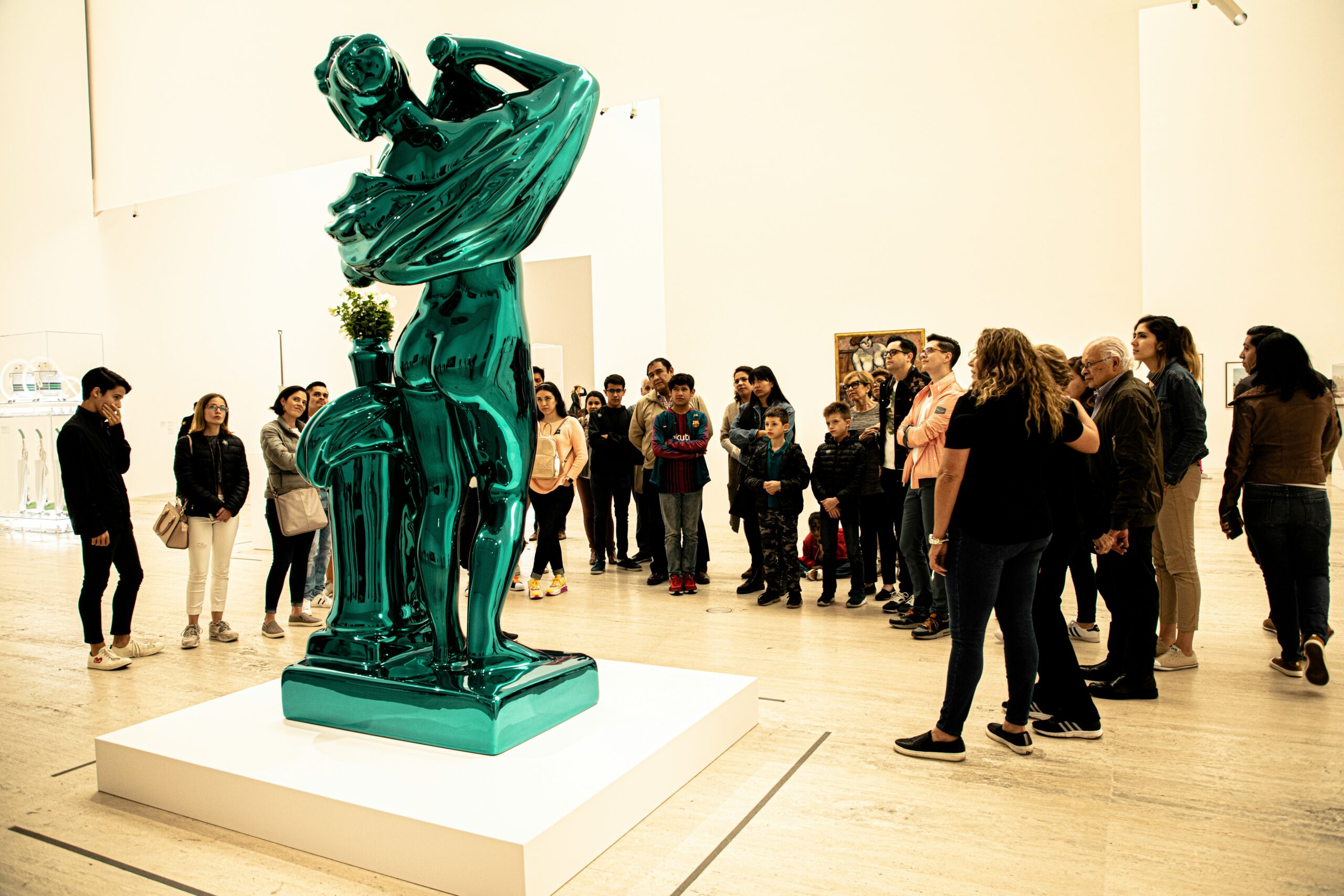
May Shows in NYC not to be missed!
Demi Dubois-Moreau • May 9, 2024 •
3 min read
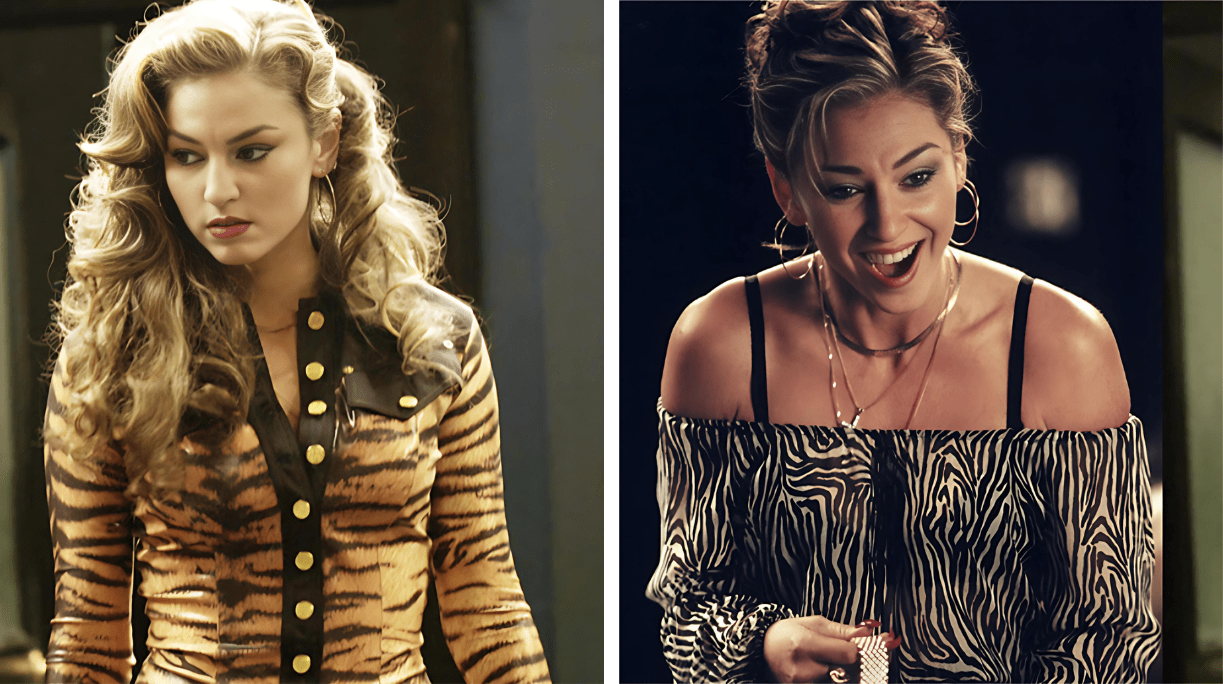
Mob Wife Fashion Trend And The Sopranos 25th Anniversary
Demi Dubois-Moreau • May 2, 2024 •
7 min read
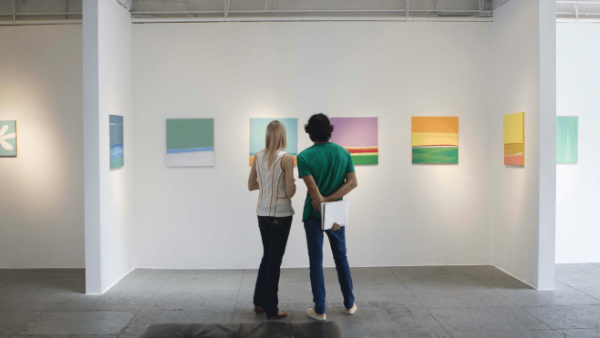
May Art Show Roundup in New York
Demi Dubois-Moreau • Apr 25, 2024 •
7 min read

Western Fashion and Baseball Caps: Some Looks From Coachella Weekend One
Demi Dubois-Moreau • April 19, 2024 •
3 min read
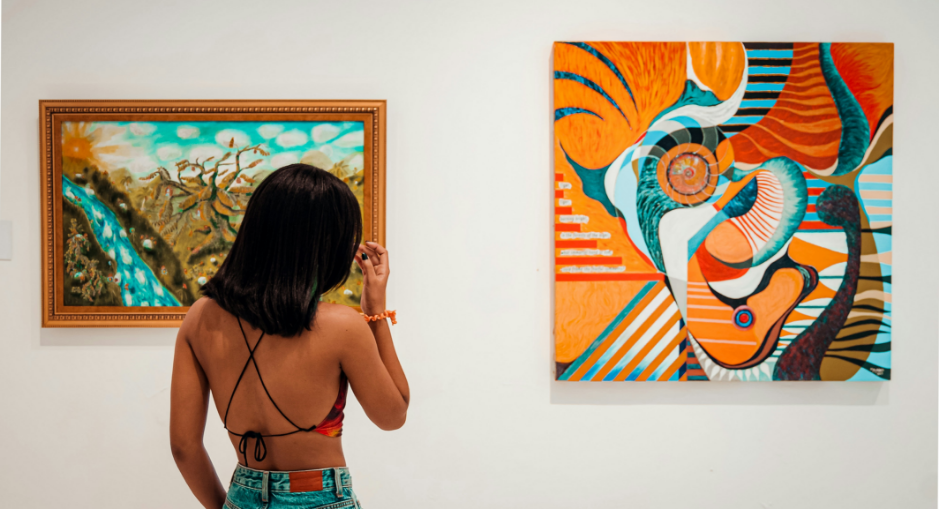
5 Art Shows to Attend this Spring in New York
Abigail MacFadden • April 10, 2024 •
5 min read
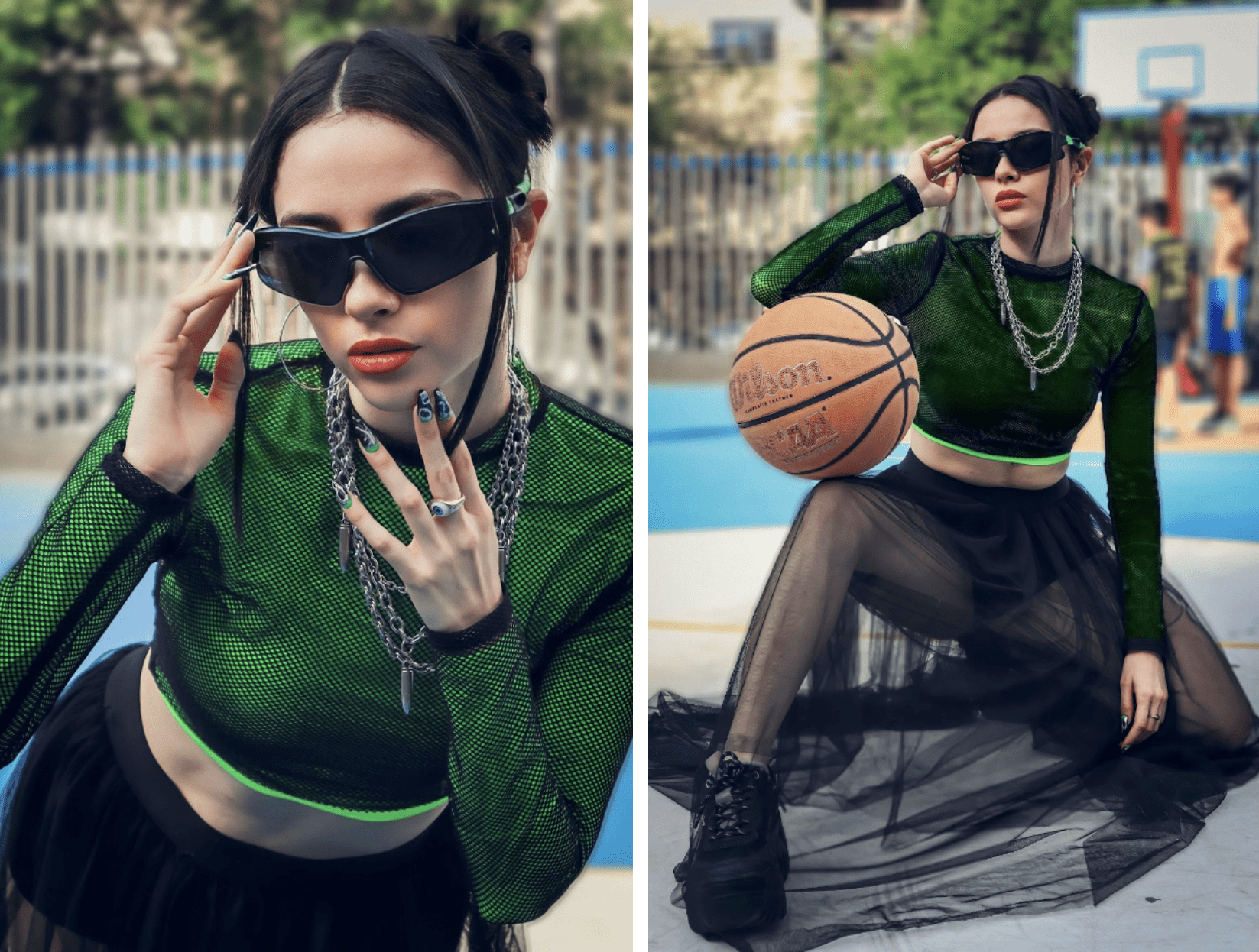
Slam Dunk Style: Fashion Tips for the Basketball Girlfriend During March Madness
Sarwat M. • April 3, 2024 •
3 min read
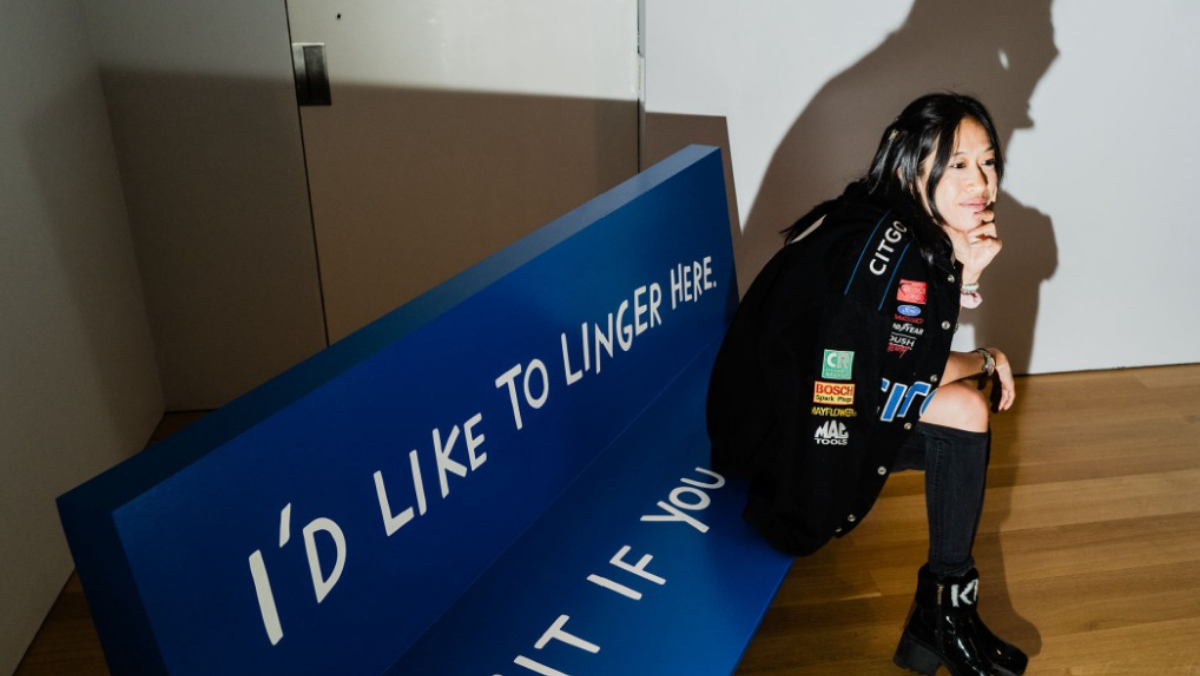
The Taylor Swift of Painting
Abigail MacFadden • April 1, 2024 •
3 min read
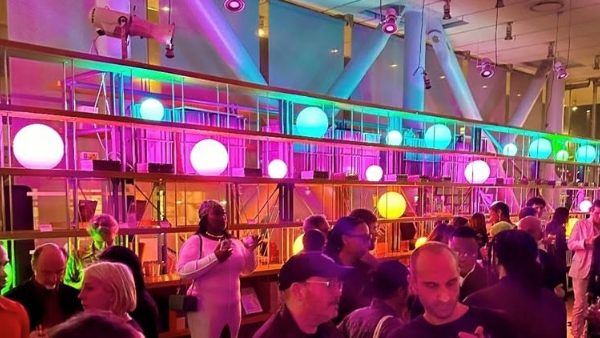
The Whitney Biennial
The Real Thing is Coming Back
Abigail MacFadden • March 15, 2024 •
3 min read

Exhibition Review: Fashion on the Move
Jocelyn McEvers • March 13, 2024 •
3 min read
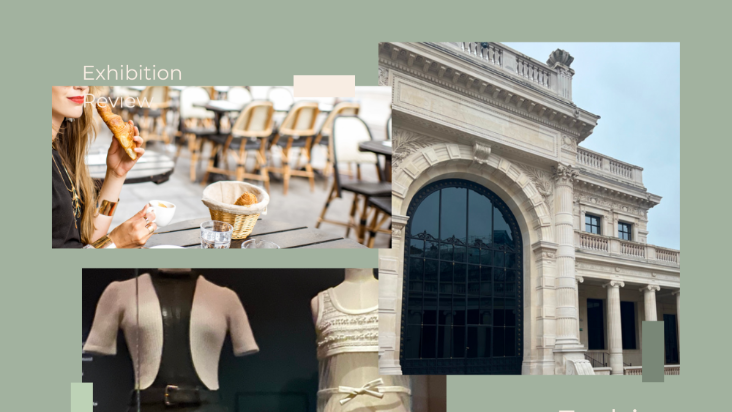
Runway Trends: Paris Fashion Week Fall / Winter 2024
Jocelyn McEvers • March 9, 2024 •
7 min read
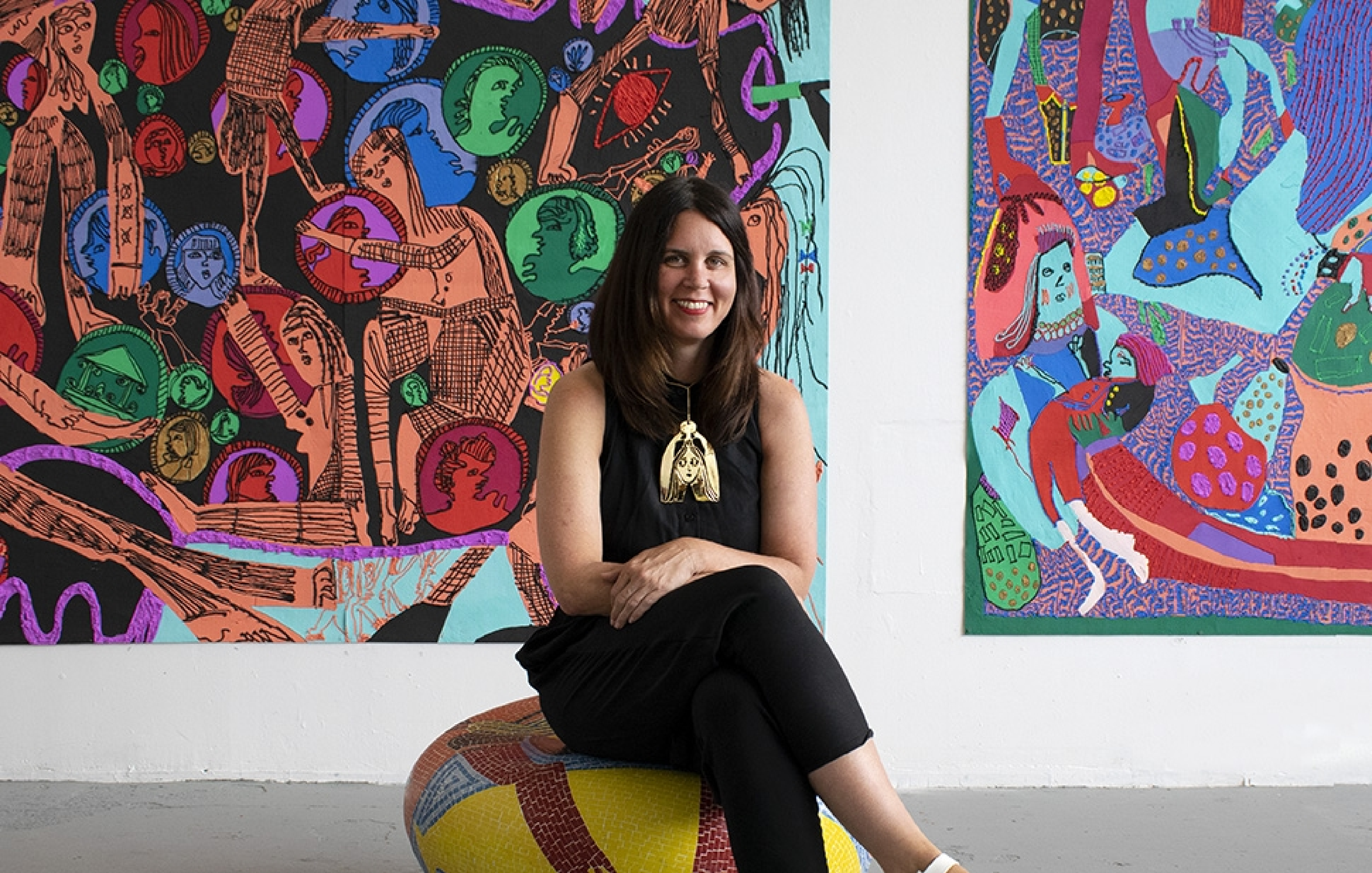
Frieze takes Los Angeles for fifth time boasts over 95 exhibitors, including Summer Wheat at the Nazarian
Abigail MacFadden • March 5, 2024 •
5 min read
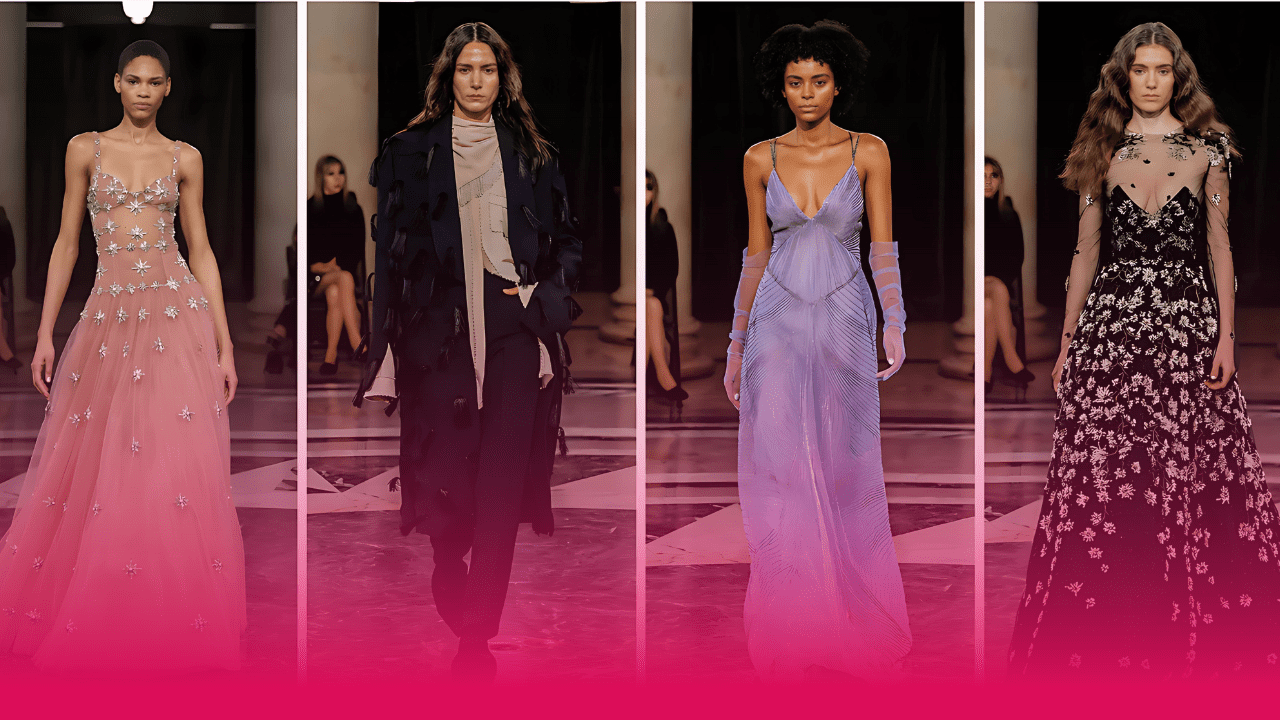
Cucculelli Shaheen Continues to Rise at Feb NYFW2024 Runway Show
M Marki • March 1, 2024 •
3 min read

